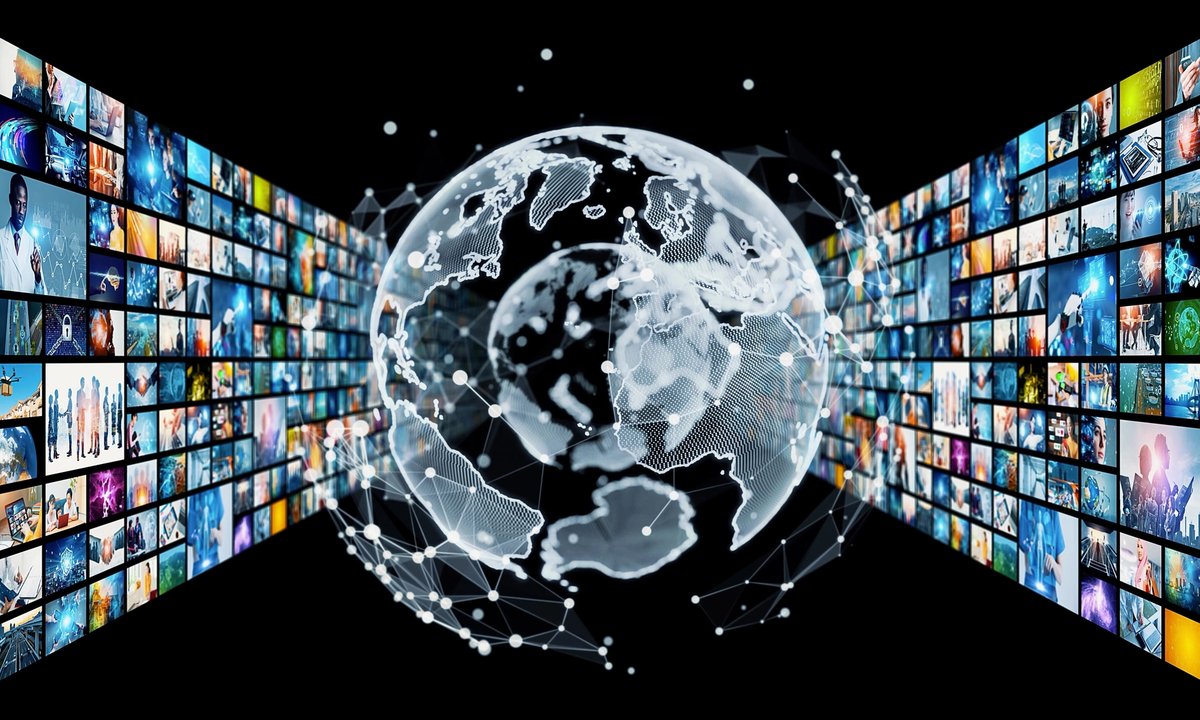
"In an age when artificial intelligence (AI) has become the secular religion of virtually every industry discussion, the stark contrast in reactions to its rise is striking. Entrepreneurs around me, from finance to retail, rush eagerly toward AI, chasing better client experiences and smoother operations. Yet the art world continues to treat AI with suspicion, viewing it more as an existential threat than as a potent economic ally, a troubling stance for a market that, over the past two years, has faced multiple macroeconomic shocks."
"In fact, the most transformational potential of AI is unlikely to be in forging a new aesthetic or in toppling traditional painters. Rather, it lies in the unglamorous machinery beneath the art market's glossy veneer: logistics, administrative tasks and data-driven business operations, such as automating insurance, accelerating provenance checks, optimising shipping routes and turning friction-heavy transactions into one-click processes. It is precisely through these back-office innovations that AI may well unlock billions"
Artificial intelligence provokes divergent responses: entrepreneurs across sectors rapidly adopt AI for client experience and operations, while the art world regards AI with suspicion and sees it as an existential threat. The art market's defensive stance obscures substantial economic opportunities and hampers recovery from recent macroeconomic shocks. AI's most transformational potential in the art market lies in back-office functions—logistics, administrative tasks, and data-driven operations—rather than in creating new aesthetics or replacing traditional painters. Automation can streamline insurance, speed provenance checks, optimize shipping routes, and convert friction-heavy transactions into one-click processes, releasing liquidity that benefits the wider creative ecosystem.
Read at The Art Newspaper - International art news and events
Unable to calculate read time
Collection
[
|
...
]